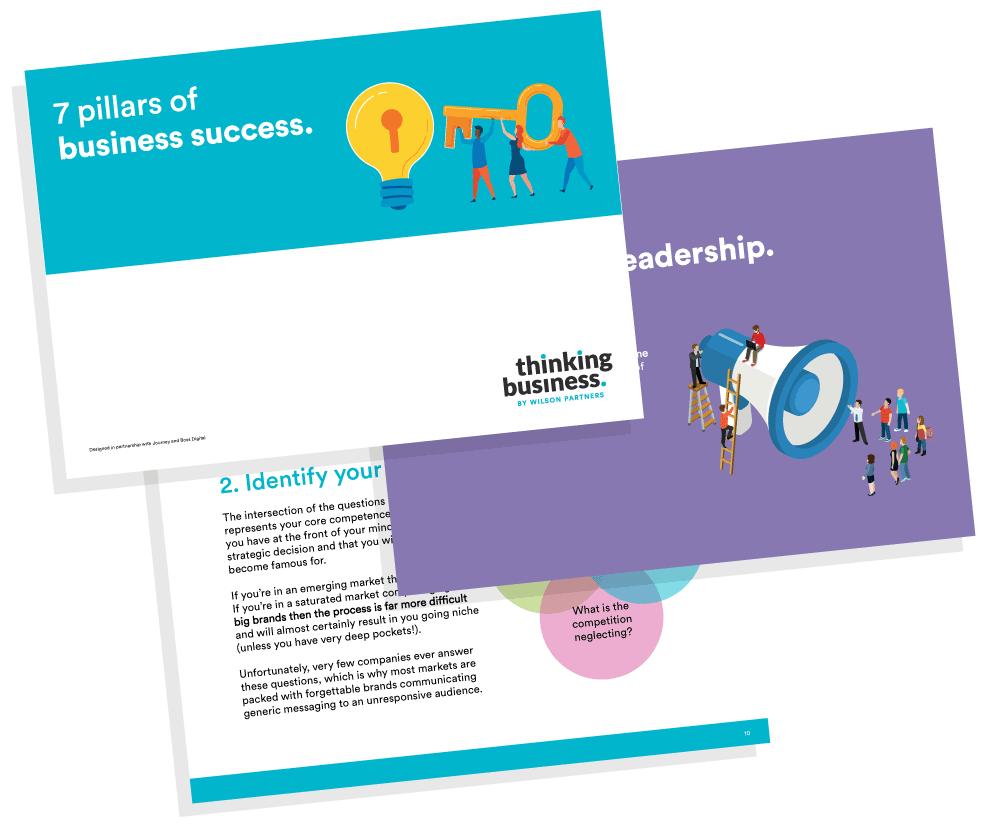
Seeking investment: Different types of investor
Different types of investor
Seeking equity investment can bring a significant number of benefits to a business, not just an injection of cash, but investors can bring broader business experience, contacts and act as a critical sounding board, helping towards the development of the business strategy. It is suitable for financing many different stages of development, from starting-out or a high-growth phase. Not all investors will require a majority stake, some will and are only allowed to by their constitution, to take a minority stake. Aligning investor’s interests with the business is vital, as is raising sufficient funds to reach the next milestone.
There are several different types of investor which are largely differentiated by the stage of development at which they invest, and in broad terms fall into the following categories:
– Business angels: These are individuals who make equity investments in businesses with growth potential. They often invest in syndicates or groups and bring valuable experience and networks to the business.
Typically, angel investors back businesses in the early stages of development, or established businesses looking for growth capital. They back high-risk opportunities, with the potential for high returns.
– Venture capitalists (VC): Venture capitalists invest in businesses with high potential for returns. They bring experience and help shape the business strategy but rarely invest at the startup stage. The process of securing VC investment can be complex.
Similar to business angels, VCs are looking for businesses with the potential for high returns, those with products or services with a unique selling point, or competitive advantage with a proven track record, so rarely invest at the start-up stage.
– Corporate venture capital (CVC): CVC is equity investment undertaken by a corporation into high-growth businesses. It involves financial investment, debt finance, and non-financial support aligned with the corporation’s aims.
CVCs are very similar to regular VCs, they identify and nurture the innovative businesses of the future making a financial investment in return for an equity stake in the business, either by offering debt finance to fund growth activities for an agreed return or by offering non-financial support for an agreed return, such as providing access to established marketing or distribution channels, or knowledge transfer. It is important that the corporation’s aims are aligned with those of the business.
– Private equity (PE): Private equity investors make medium- to long-term investments in companies with high-growth potential. They aim to improve profitability, introduce corporate disciplines, and actively manage their investments before exiting them.
Typically, PE are seeking businesses which are more mature and developed than those sought by VCs and business angels. Ideally their investees will still have strong growth potential and/or efficiency enhancement opportunities, a proven management team, strong cash flow generation and asset base so they can introduce leverage (debt), with a leading and defensible market position. Generally, PE investors hold their investment through a period of five to seven years, after which they would exit their investment, selling to either a corporate trade buyer, another PE house or possibly through an Initial Public Offering (IPO).
– Equity crowdfunding: It connects companies with potential investors through online platforms. It can be an alternative source of funding for startups and growth companies. Companies need to show they are investment-ready and typically produce a business plan and financial forecasts.
The three main models are:
- pure crowdfunding, where every investor is equal and every one becomes a direct shareholder;
- angel-led crowdfunding: where one experienced investor leads the round, negotiating the terms and due diligence, and the crowd follow; and
- crowdfunding with a nominee structure, where the platform plays an ongoing role representing their crowd investors’ interests
Help your investors get the most from HMRC
When considering equity investment, there are four schemes which potential investors should know about or be made aware of. They’re designed to encourage growth in unlisted companies and offer a range of tax reliefs against investment in new shares.
Seed Enterprise Investment Scheme (SEIS)
At the time of the new shares being issued, start-up companies eligible to receive investment through the SEIS must:
- employ fewer than 25 full-time equivalents;
- have less than £350,000 of gross assets; and
- not have had any EIS or VCT investment.
Companies can receive a maximum of £250,000 under an SEIS.
You can find more information from HMRC here.
Enterprise Investment Scheme (EIS) and
Venture Capital Trust (VCT) Scheme
Businesses eligible to receive investment through the EIS or VCT schemes must, at the time of the capital raising:
- employ fewer than 250 full-time equivalents, (500 for ‘knowledge-intensive’ companies);
- have less than £15m of gross assets, and no more than £16m after the capital raising;
- not be listed on a recognised stock exchange, such as the London Stock Exchange, (but AIM listed companies are permissible); and
- be carrying on a ‘qualifying’ trade.You can find more information from HMRC here.
Social Investment Tax Relief (SITR)
Social enterprises eligible to receive equity (or with certain restrictions debt), investment through the SITR scheme must, at the time of the capital raising:
- employ fewer than 250 full-time equivalents;
- have less than £15m of gross assets, and no more than £16m after the capital raising; and
- not be listed on a recognised stock exchange, such as the London Stock Exchange (but AIM listed companies are permissible).
There are further requirements, which the company or social enterprise must meet which you can learn about here.
At Wilson Partners, as well as providing day to day accounting and business advisory services, we also have an in house business valuations team and a Corporate Finance team giving us the ability to advise clients through the full exit journey ensuring a smooth process and realising as much value as possible. For more information, why not get in touch for an informal chat.
Event
Webinar – Changes to the UK Trust Registration Service, May ’22
A short webinar and Q&A session with our Trust specialists Jodie Green and Sara Pedrotti. You can view the video and download the presentation here.

Download our free guide to the 7 pillars of business success
Read our free guide what you need to focus on to help you make better decisions and achieve your goals quicker.
Please complete our form to download the guide.
Sign up to receive alerts
Call us on 01628 770 770 for a no-obligation chat
You may also be interested in...
Meet the team in 90 seconds – Lesley Kibble
Introduce yourself Hi, I'm Lesley, outside of work I love to travel with my partner Lee and visit new places. I recently returned from Krakow, Poland…
Seeking investment: Getting your business fit for investment
Get your house in order before seeking finance, and you may not need it! Before looking for capital from external sources, it is paramount to ensure…
Meet the team in 90 seconds – Tom Bradbury
Introduce yourself Hi, I'm Tom and I am a Director in the Corporate Finance Team here at Wilson Partners. I started my career and did my training…




